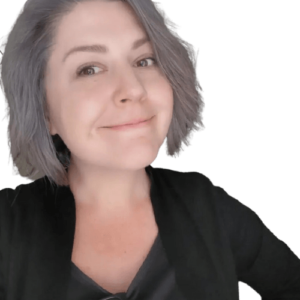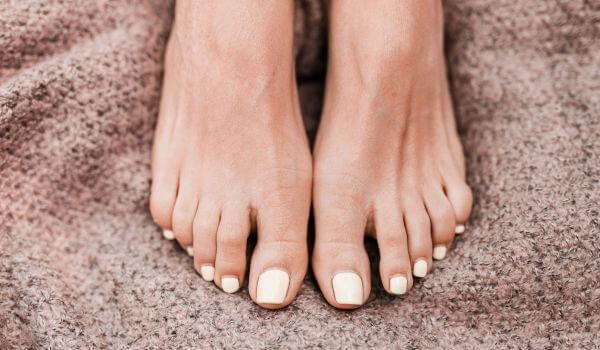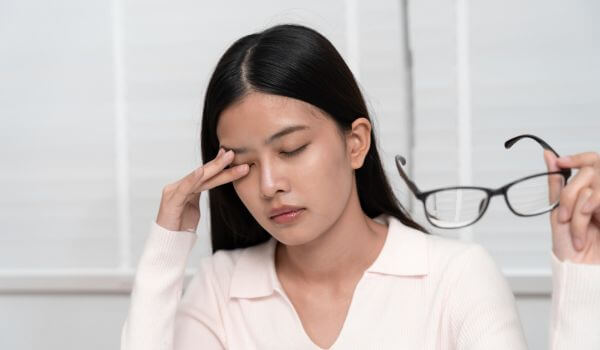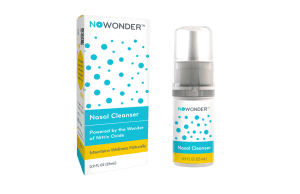 Plaque psoriasis is more than just a visible skin condition. It’s a challenge that affects both physical and emotional well-being. I’ve known several people who live with this condition, and I’ve seen how it impacts their daily lives. From trying to hide the visible patches on their skin to struggling with self-confidence and facing uncomfortable questions from others, it’s clear that psoriasis is more than skin deep.
Plaque psoriasis is more than just a visible skin condition. It’s a challenge that affects both physical and emotional well-being. I’ve known several people who live with this condition, and I’ve seen how it impacts their daily lives. From trying to hide the visible patches on their skin to struggling with self-confidence and facing uncomfortable questions from others, it’s clear that psoriasis is more than skin deep.
Plaque psoriasis appears as scaly, inflamed patches on areas like the scalp, elbows, and knees. It can also lead to more serious issues, such as psoriatic arthritis, which develops in an estimated 30% of those with the condition. However, I’ve also seen how life-changing effective treatments can be, helping to manage flare-ups, ease the symptoms, and restore confidence. In this article, we’ll explore the available treatment options for plaque psoriasis and how they can make a difference.
What causes plaque psoriasis?
Psoriasis happens when the immune system becomes overactive, causing changes in the skin. These changes include the thickening of skin cells, issues with certain immune cells called T cells, and the growth of new blood vessels in the skin.
Psoriasis can happen for many reasons. It is influenced by genetics, and people with specific genes on chromosome 6, known as PSOR1, have a higher chance of developing it. There are multiple known triggers of psoriasis, including injuries to the skin, infections, certain medications, stress, alcohol use, and smoking. Scratching too much can also trigger or worsen psoriasis in certain areas. When psoriasis plaques form on injured skin, it is called the Koebner reaction.
Sunlight can help some people with plaque psoriasis, but for a few, it can make their condition worse. Psoriasis has also been linked to HIV and throat infections caused by strep bacteria. People with HIV who are treated with Highly Active Antiretroviral Therapy (HAART) usually have milder symptoms.
What are the symptoms of plaque psoriasis?
For many people, plaque psoriasis often does not display visible symptoms, but it can cause itching, especially when it affects the scalp. Some people may also feel soreness or pain from cracks in the skin, which often happen on the palms or soles. 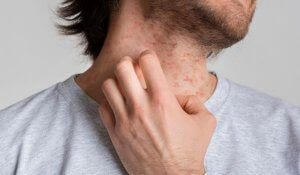
Psoriatic plaques are red, raised patches of skin that usually appear on areas like the elbows, knees, and lower back. These plaques are often symmetrical, though the number of them can vary. They are covered with silvery-white scales, and when these scales are removed, small bleeding spots may appear, known as the Auspitz sign. The color of the plaques can look different depending on skin tone, as the deep red or pink color is less noticeable on darker skin. In some cases, the redness and scaling are less visible.
The scalp is usually the first area affected, along with the area behind the ears and the belly button.
How is plaque psoriasis treated?
Doctors create treatment plans based on the patient’s age, lifestyle, and severity. There are four main types of treatment: topical treatments, phototherapy, systemic medications, and other methods.
| Type of treatment | Severity level treated | How it works (Mechanism of action) | Examples of treatments |
| Topical treatments | Mild to moderate cases | Topical treatments are creams, ointments, or gels applied directly to the skin to reduce inflammation, slow cell growth, and relieve symptoms like itching or scaling. | Moisturizers, corticosteroids, keratolytics, tar, anthralin, vitamin D3 analogs, calcineurin inhibitors. Combining treatments can enhance effectiveness. |
| Phototherapy | Mild to moderate cases | Phototherapy involves exposing the skin to controlled amounts of natural or artificial ultraviolet (UV) light to reduce symptoms. | Whole-body or targeted UVB (broad or narrow band), photochemotherapy (PUVA), home phototherapy, laser treatments. |
| Systemic medications | Moderate to severe cases | Systemic medications are prescription drugs that work throughout the body, often used for moderate to severe cases. | Soriatane (acitretin), Methotrex (methotrexate), Neoral (cyclosporine), Protopic (tacrolimus), hydroxyurea, 6-thioguanine, Cellcept (mycophenolate), fumaric acid esters, Otezla (apremilast). |
| Biologic treatments | Moderate to severe cases | Medications made from living organisms or their components target specific parts of the immune system. | Enbrel (etanercept), Humira (adalimumab), Remicade (infliximab), secukinumab, Stelara (ustekinumab), tildrakizumab, Taltz (ixekizumab). |
| Light therapy | Mild to moderate cases | Uses UV light to reduce symptoms by targeting affected areas. | Whole-body or targeted UVB, PUVA (psoralen with UVA), home phototherapy, laser treatments. |
| Other treatments | Varies | Includes natural remedies, stress management, and experimental drugs targeting specific enzymes. | Omega-3 fatty acids (fish oil), Stress Pack (for stress-induced flare-ups), Janus kinase inhibitors like Skyrizi, and MEK inhibitors. |
| Treatment for smaller areas | Mild cases | Begins with creams or ointments for localized relief. | Topical treatments like corticosteroids or vitamin D3 analogs. |
| Treatment for widespread cases | Moderate to severe cases | Medications or biologics are prescribed, with quick evaluations for effectiveness. | Methotrexate, cyclosporine, biologic treatments like Humira or Stelara. |
The Psoriasis Area and Severity Index (PASI) is used during initial exams and follow-ups to measure how well treatment is working. Plaque psoriasis is classified as mild, moderate, or severe based on the PASI score. Psoriasis is considered widespread when it affects more than 10% of the body. Even smaller areas, like the nails, joints, face, palms, or genitals, can cause serious discomfort and stress.
How prevalent is plaque psoriasis?
 Psoriasis is quite common and occurs in about 125 million people around the world. About one-third of cases start during childhood, and studies show that childhood cases have been increasing in recent years.
Psoriasis is quite common and occurs in about 125 million people around the world. About one-third of cases start during childhood, and studies show that childhood cases have been increasing in recent years.
Both males and females are affected equally by psoriasis. It usually first appears between the ages of 15 and 22, with another rise in cases between ages 55 and 70. On average, females tend to develop psoriasis a few years earlier than males.
Plaque psoriasis is a condition that can be hard to predict. There is no cure, and it’s uncertain when symptoms will return, how long they will last, or how often they will go away and come back. While it is not life-threatening, frequent relapses can make daily life difficult. Many patients also struggle with the appearance of their skin, which may lead to depression, isolation, and avoidance of social interactions. However, early intervention and the right treatment or combination of treatments can make a world of difference. People with plaque psoriasis should consult a dermatologist to determine the most suitable treatment and to receive guidance on managing therapies such as phototherapy or medications.
FAQs
What is the main cause of plaque psoriasis?
Plaque psoriasis is a chronic autoimmune disease that occurs when the immune system mistakenly attacks healthy skin cells, causing them to grow rapidly and build up on the surface of the skin. While the exact cause is unknown, genetics and environmental factors are thought to contribute to its development.
Does psoriasis spread if you scratch it?
Yes, it is possible for psoriasis to spread if you scratch it. Scratching psoriasis causes trauma to the skin, which can trigger new patches of psoriasis in surrounding areas. Avoid scratching and find other ways to relieve itching, such as using topical creams or taking medication prescribed by your dermatologist.
Is psoriasis fungal or bacterial?
Psoriasis is neither fungal nor bacterial. It is a non-infectious autoimmune disease, meaning it is caused by an overactive immune system rather than an external fungus or bacteria.
What is the latest treatment for psoriasis?
Skyrizi is a new entry into the list of treatments that is showing great promise for patients with psoriasis and psoriatic arthritis which often affects people with plaque psoriasis, as well as other autoimmune diseases. Skyrizi is a monoclonal antibody that offers a targeted and potent treatment option with fewer immune suppression risks.
Is vaseline good for psoriasis?
Vaseline can help soothe and moisturize psoriasis plaques, but it is not a cure/treatment for the condition.

